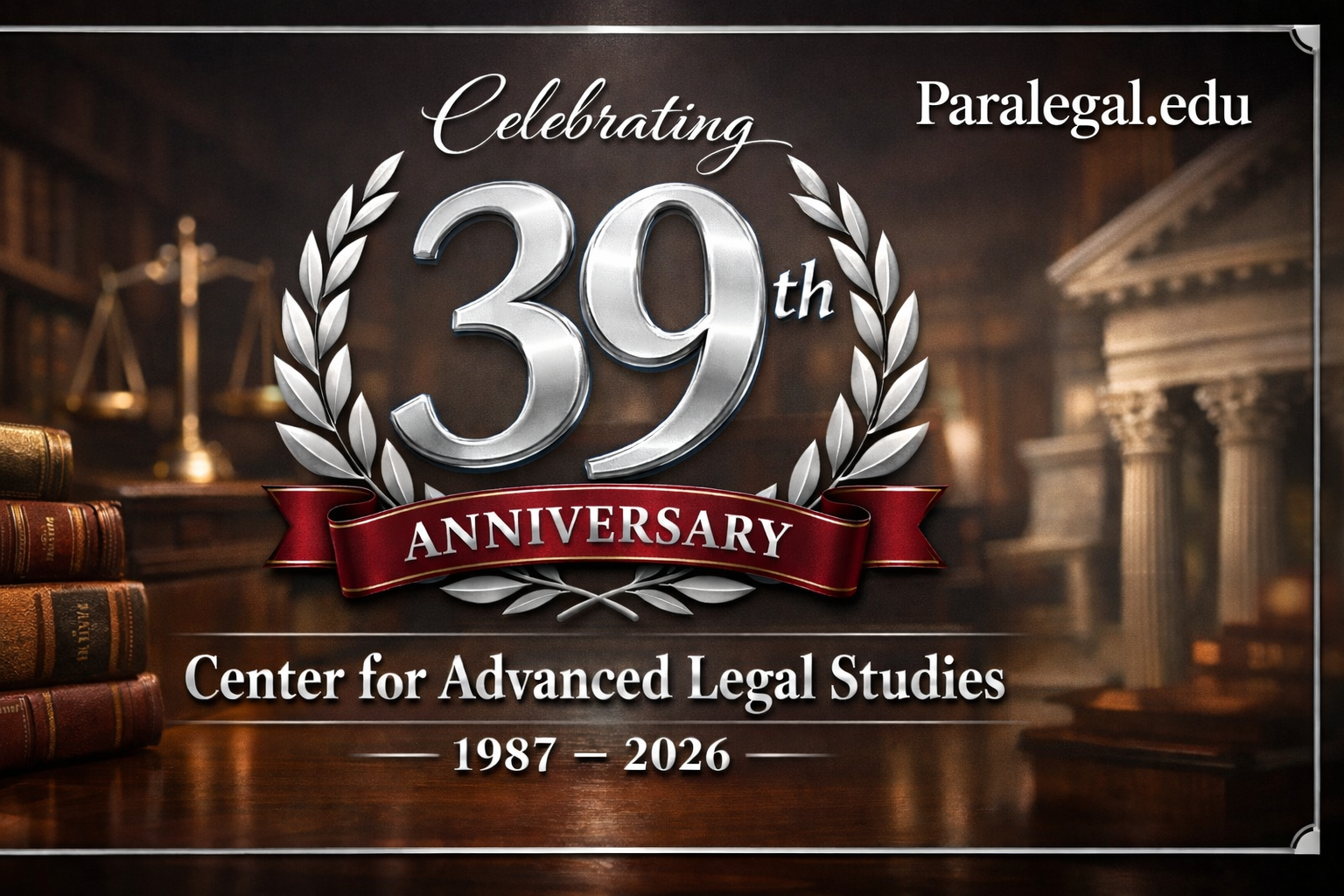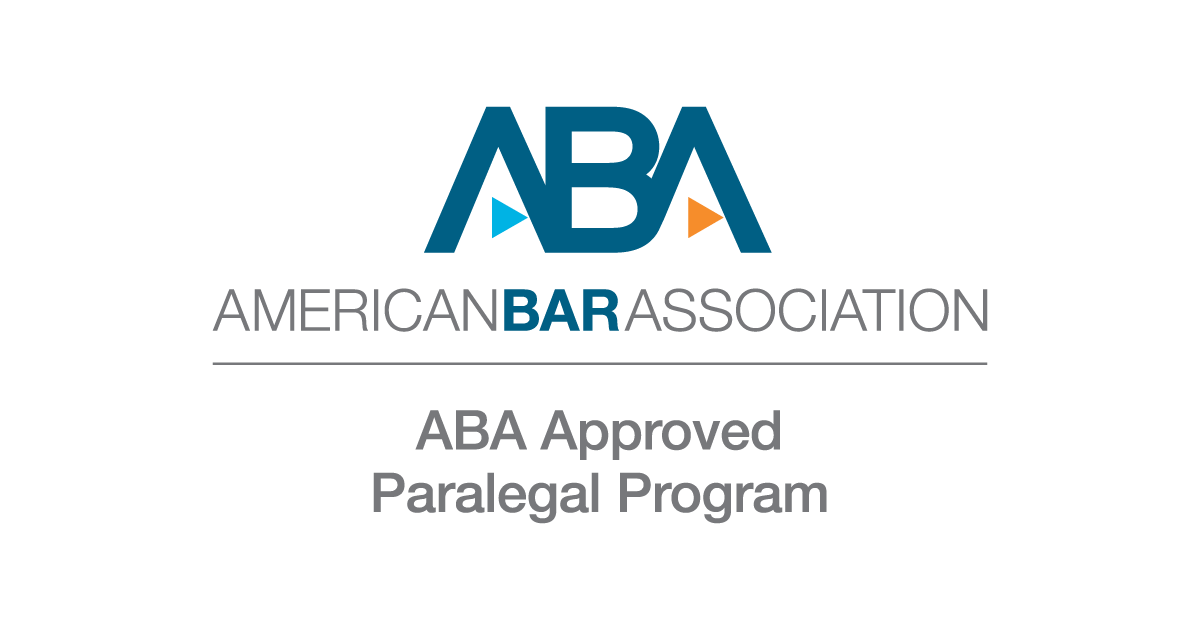At some point in their career, every working professional has made a mistake that shined the performance spotlight on them front and center. Typical mistakes made by new – and experienced – paralegals include misfiling documents, missing deadlines due to poor calendaring practices, failing to proofread for typos, inaccurately recording billable time, and coming to client meetings unprepared. And let’s face it…we’ve all sent that cringeworthy email to an unintended recipient. We’ve all ended an important call by accidentally hanging up.
Colossal gaffes that result in termination are rare, but errors made by paralegals and legal assistants can have significant consequences and rippling impacts on a law firm, up to and including a claim for malpractice. While this may be an extreme outcome, it is important to understand that each practice is responsible for inaccuracies or omissions made by its’ legal staff. Mistakes can seriously harm a case, lead to an unfavorable court ruling, and cause major setbacks.
 Most workplace blunders will not cost you your job. The vast majority are forgivable and will not merit a write-up. However, when mistakes happen, everyone suffers. Your employer will want to see that you are aware of the implications, that you understand the behavior behind the mistake, and that you will make changes in your work going forward to prevent a recurrence.
Most workplace blunders will not cost you your job. The vast majority are forgivable and will not merit a write-up. However, when mistakes happen, everyone suffers. Your employer will want to see that you are aware of the implications, that you understand the behavior behind the mistake, and that you will make changes in your work going forward to prevent a recurrence.
The mark of a good employee is how they recover from a mistake. There is a way to respond that shows strength of character and accountability. Here are three critical actions to take to successfully bounce back from a mistake without losing your reputation and professional credibility:
- Accept responsibility and tell your boss immediately. Once a mistake has been made, it is important to have a positive response instead of a knee jerk reaction. Promptly acknowledge the error and own up to it. Do not ignore it. Do not make excuses. Do not place blame on others. Leave out the but’s and the if’s. Apologize and move on to the resolution.
- Take corrective action and offer a solution. Determine what went wrong. Was it more embarrassing or critical? Assess the damage and how you can get things back on track. Then, implement a response to minimize the negative impact and remedy the mistake.
- Learn from what happened. Put the mistake in perspective and address the cause. What were the underlying issues? Was it a careless oversight or an ongoing pattern of poor performance? There is a big difference between making a mistake once and making it over and over. Did any of your work processes contribute? Do you have the required skills, knowledge, training, and attitude? Are there any areas where you need to improve? If so, make some adjustments and establish a plan to address the deficiencies. Nothing will undermine your success more than correcting a mistake only to make it again.
A time will come when you spectacularly mess up at work. Mistakes can and do happen. They happen because people are not infallible. I have made several mistakes in my own career. It has given way to one simple perspective: fess up to your mess up. Here is what you say, “This is what happened; I am responsible. This is how I am going to fix it. This is what I have learned.
Director of Outreach and Career Services
Tami has an extensive and varied professional background that spans criminal justice, paralegal education, and international school marketing and communication. Her career has been guided by a focus on developing strategic partnerships that facilitate school growth and student opportunities. She holds a Bachelor of Science in Degree in Criminal Justice from Texas State University.






